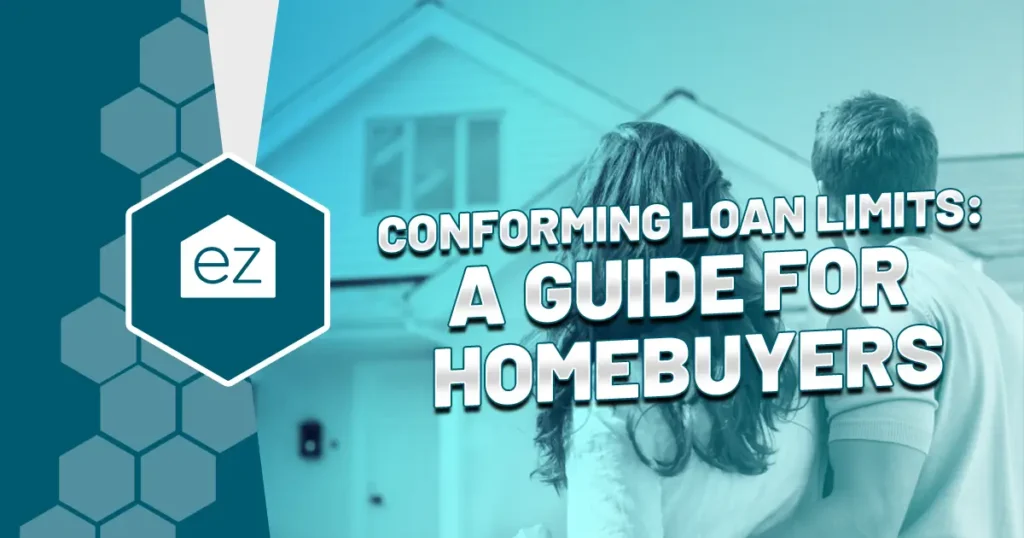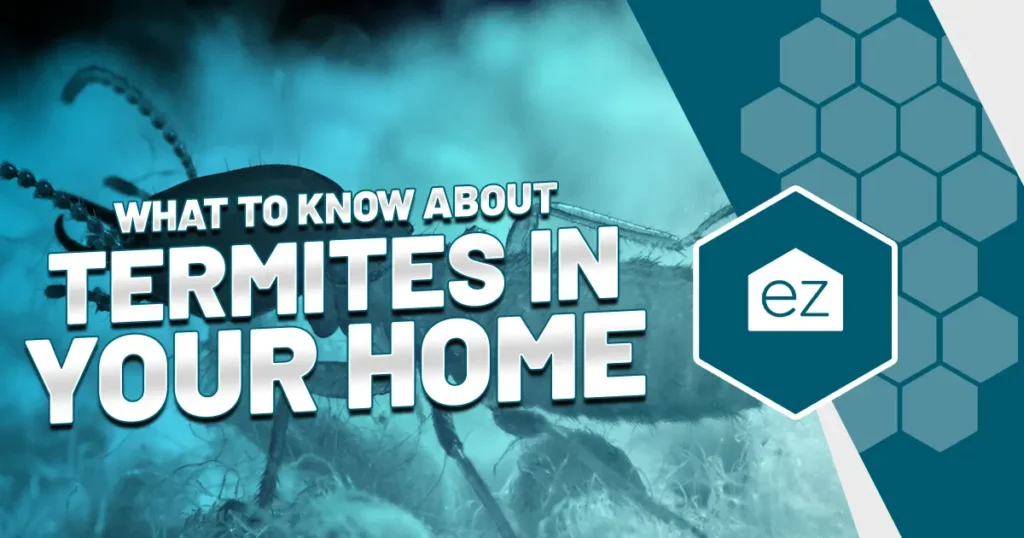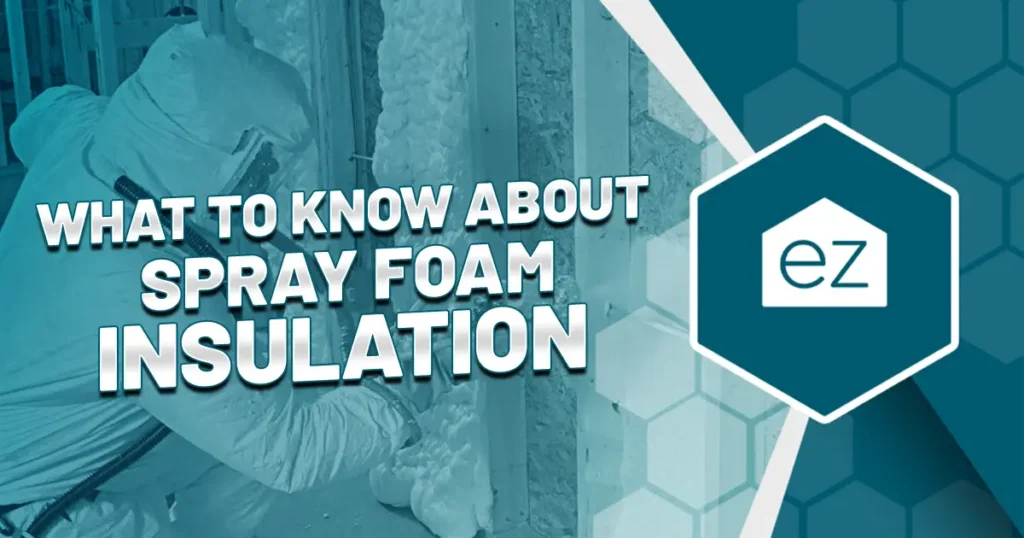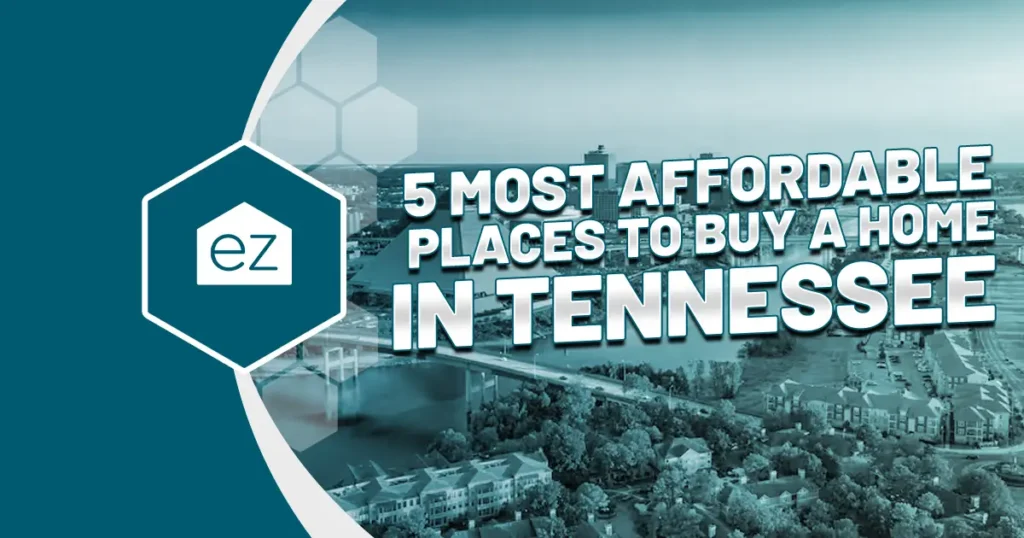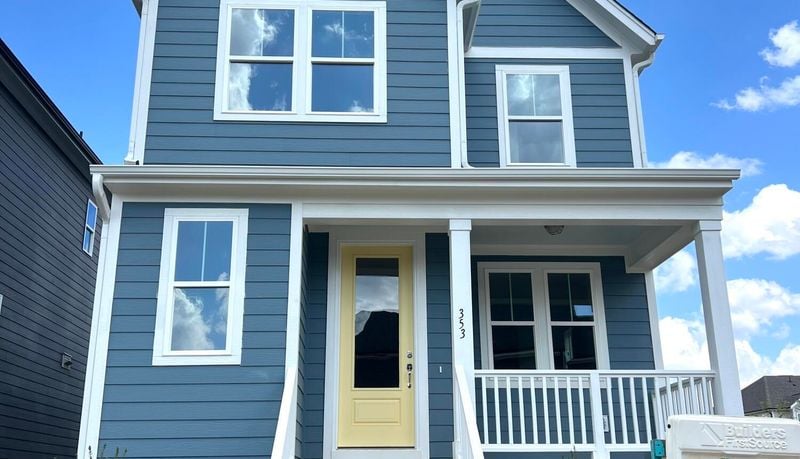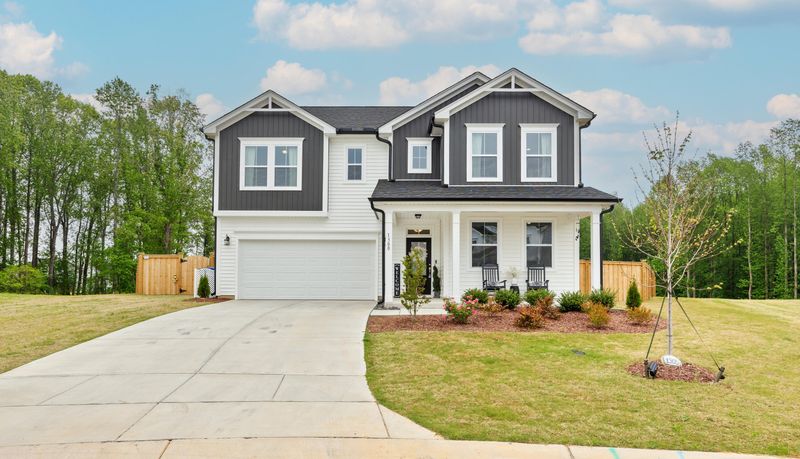4 Factors to Consider Before Buying a Vacation Home
Avacation home opens the door to guaranteed retreat and temporary escape from your daily cares. There’s no researching where to go or struggling to find the right deal. It’s an always-there familiar sanctuary set up the way you want. However, several considerations demand attention before falling into the allure of owning a vacation home. Even seasoned homebuyers who know the home buying process must navigate with care. Weigh these factors:
For informational purposes only. Always consult with a licensed real estate professional before proceeding with any real estate transaction.
The Purpose of Purchasing a Vacation Home
Vacation home buyers should be absolutely clear on how they intend to use the second home. A few questions to ask themselves are:
-
Is the property meant to give residents more space?
-
Can the property attract renters who will pay top dollar to stay in the home?
-
Does the property allow city dwellers an escape?
-
Can the property be an investment to forego paying capital gains?
-
Will owning the property help save money on vacations?
-
Is the property somewhere to retire in a few years?
These questions are not always obvious. Some people may buy a small vacation home to avoid paying hotel fees, only to find they want to retire there and will need more space. Therefore, it helps to set priorities and consider other possibilities before buying.
Know the Rates
The rates and fees associated with homeownership are intended to help people purchase a place to live year-round. However, those buying a vacation home may encounter different regulations, loan terms, rates, and fees.
A second home is defined as one where the owners intend to occupy the home as a primary residence for at least part of the year. Second homes can have rules imposed on them to qualify. They may need to be a certain number of miles away from the homeowner’s primary house. A second home cannot be part of a timeshare agreement or controlled by any management firm at any time during ownership.
Those not renting the second home can usually provide a 20% down payment and secure a loan with about the same rates as a regular mortgage. But if you plan to rent to offset costs, it becomes an investment property.
An investment property is defined as one that takes advantage of tax benefits or generates income, either from rental or appreciation.
Investment real estate loan rates can be up to .38% more than a conventional mortgage. They usually require at least 25% down, if not 30%.
Additionally, how vacation homes are taxed is different. Local authorities may have different rates for second-home properties. For example, South Carolina’s property taxes for primary residences are charged at 4% of value. Second homes are assessed at 6% of property value. Any homestead exemptions will likely not apply to the vacation home. All that increases the property tax burden on the owner.
Plus, as an income-generating property, revenue can be subject to federal income taxation even if you live in the home part of the year. Consult with a tax expert if you’re considering buying a second home.
Factor in Additional Expenses
Besides paying another mortgage, weigh the costs of furnishing, heating, landscaping, and maintenance. Second homes may sit empty for months. If no one’s watching, pests or unwanted tenants can creep in. And what if something goes wrong? Frozen or burst pipes that leak for months will cause thousands in property damage. Appliances can short out, cause fires, or simply stop working.
Homeowners should take precautions to protect their homes when empty. It could be installing a security system or hiring cleaners. Factor these expenses into the total budget.
Check the Neighborhood
Zoning restrictions differ in every neighborhood, so looking into the regulations before buying is wise. That’s especially true if you’re interested in the short-term rental market, as local authorities are increasing restrictions on these operators down to where they can run. Even condo associations often limit the number of rental units that can operate in their complexes, or how often a unit can be rented.
Some officials are happy to let homeowners perform their DIY improvements, while others may need to hire specific contractors or qualified professionals for certain jobs. It generally comes down to how likely the homeowner’s actions are to affect their neighbors. For instance, those purchasing a home in a more rural neighborhood may be less likely to be affected by these ordinances.
The excitement of buying a vacation home shouldn’t be discounted. It does help to be prepared before speaking to lenders, your accountant or tax advisor, and settling on a property that fits a homeowner’s needs.
For informational purposes only. Always consult with a licensed real estate professional before proceeding with any real estate transaction.
Updated March 2024
Start Your Home Search
Preston Guyton
Share this Post
Related Articles
Buying a Home
Conforming Loan Limits: A Guide for Homebuyers
Buying a Home
What to Know About Termites In Your Home
Buying a Home
What to Know About Spray Foam Insulation
Buying a Home
